Microsoft refuses to back down on Windows 11 hardware requirements
The tech giant says it'll keep hardware specifications for Windows 11
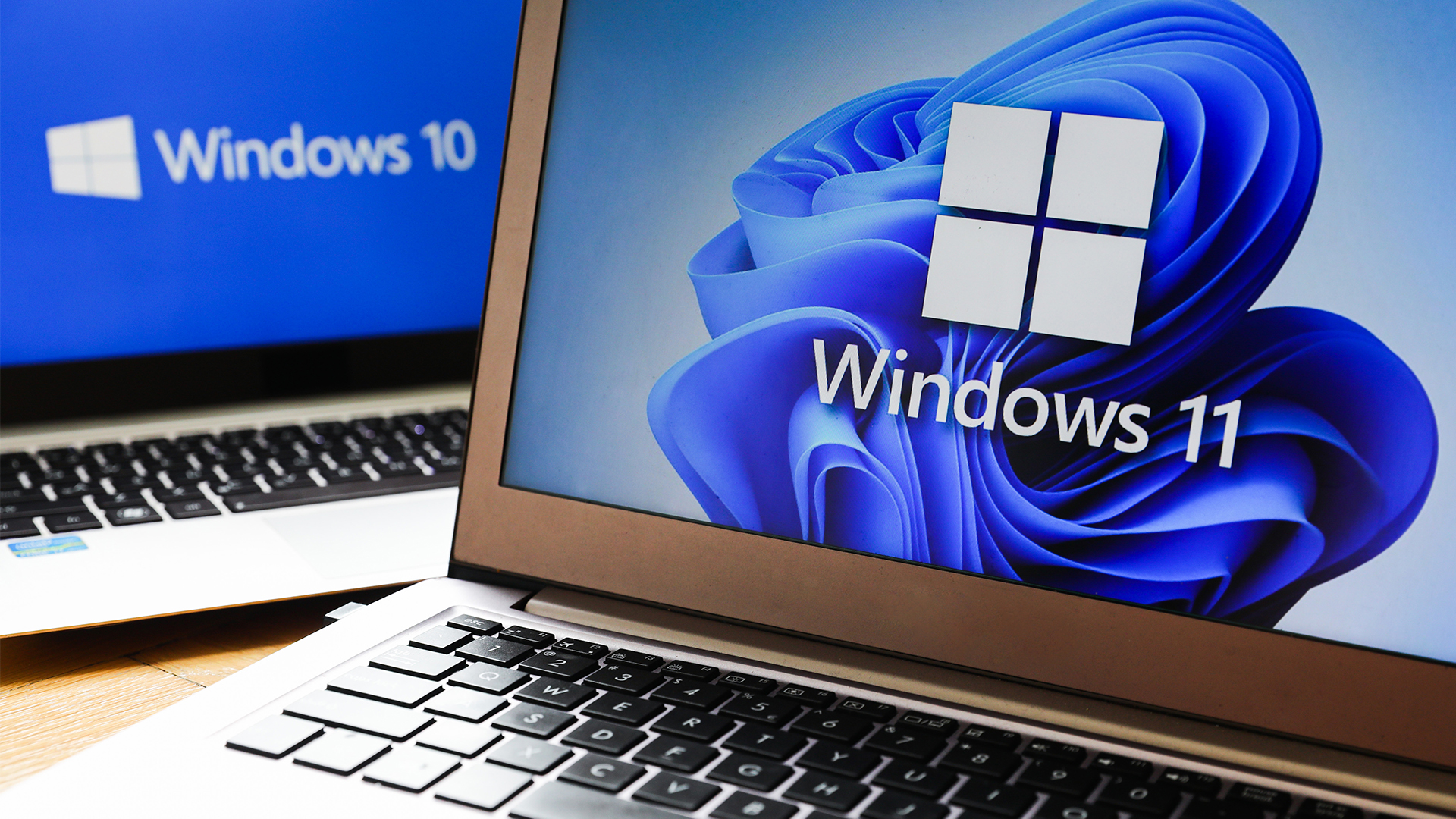

While Microsoft has been urging people to shift from Windows 10 to Windows 11 ahead of ending support for the older operating system, there's one thing it won't do - budge on key hardware requirements.
Microsoft has spent the year urging people to switch to the newer OS, trying everything from rolling out new features to full-page upgrade prompts. While the market share for Windows 11 has climbed from 27% of desktop Windows users a year ago to 35% last month, it still trails Windows 10 on 62%, according to StatCounter.
One leading complaint among users has been strict hardware requirements, which would require some people to have to shell out for a new PC despite having a perfectly functioning machine.
That's largely down to Microsoft requiring Windows 11 to be installed on PCs that feature a system called Trusted Platform Module (TPM) 2.0, which is designed to shore up security on PCs running Windows.
Microsoft has now stressed that it will not lower requirements, as some had hoped, around TPM 2.0, keeping it as a minimum hardware requirement.
In a blog post, Microsoft senior product manager Steven Hosking said: "TPM 2.0 is not just a recommendation — it’s a necessity for maintaining a secure and future-proof IT environment with Windows 11."
Some users had found a way to dodge the requirements and install Windows 11 on PCs without that system, but Microsoft has pushed back saying such machines will display a watermark on the screen labelling the OS as unsupported.
Get the ITPro daily newsletter
Sign up today and you will receive a free copy of our Future Focus 2025 report - the leading guidance on AI, cybersecurity and other IT challenges as per 700+ senior executives
What is TPM 2.0 and why is it important for Windows 11?
Hosking explained that TPM is hardware dedicated to security, which houses encryption keys, certificates, passwords, and other sensitive data to keep it safe from unauthorized access. The system also manages cryptographic operations.
TPM 2.0 is an upgrade from the previous version, TPM 1.2, and includes built-in features like Secure Boot and Windows Hello for business to make sure only verified software can run. Beyond that, TPM 2.0 has more advanced encryption and key management, Hosking said.
"It’s true that its implementation might require a change for your organization," he says. "Yet it represents an important step toward more effectively countering today’s intricate security challenges."
Beyond supporting security features in Windows 11 such as BitLocker, he said, TPM 2.0 enables cryptographic algorithms, encryption keys, and certificates used by different industries.
RELATED WEBINAR

By pairing it with identity protection, it can help companies shift to a Zero Trust setup. Plus, Hosking noted that TPM 2.0 helps future-proof Windows 11 amid the rise of cloud and server architecture.
"From supporting more intricate encryption algorithms to adding cryptographic functionality, TPM 2.0 is essential to counteracting present-day cyber risks," he added. "As such, you should not disable TPM checks on Windows 11 endpoints."
The post offers advice on how to check the TPM status of a device — but also advises companies to start planning to upgrade incompatible devices now, a cost that may be unwelcome to many.
Indeed, PC sales continued to slide, falling 1.3% in the third quarter versus the same period in 2023, according to Gartner.
Freelance journalist Nicole Kobie first started writing for ITPro in 2007, with bylines in New Scientist, Wired, PC Pro and many more.
Nicole the author of a book about the history of technology, The Long History of the Future.
-
 Bigger salaries, more burnout: Is the CISO role in crisis?
Bigger salaries, more burnout: Is the CISO role in crisis?In-depth CISOs are more stressed than ever before – but why is this and what can be done?
By Kate O'Flaherty Published
-
 Cheap cyber crime kits can be bought on the dark web for less than $25
Cheap cyber crime kits can be bought on the dark web for less than $25News Research from NordVPN shows phishing kits are now widely available on the dark web and via messaging apps like Telegram, and are often selling for less than $25.
By Emma Woollacott Published
-
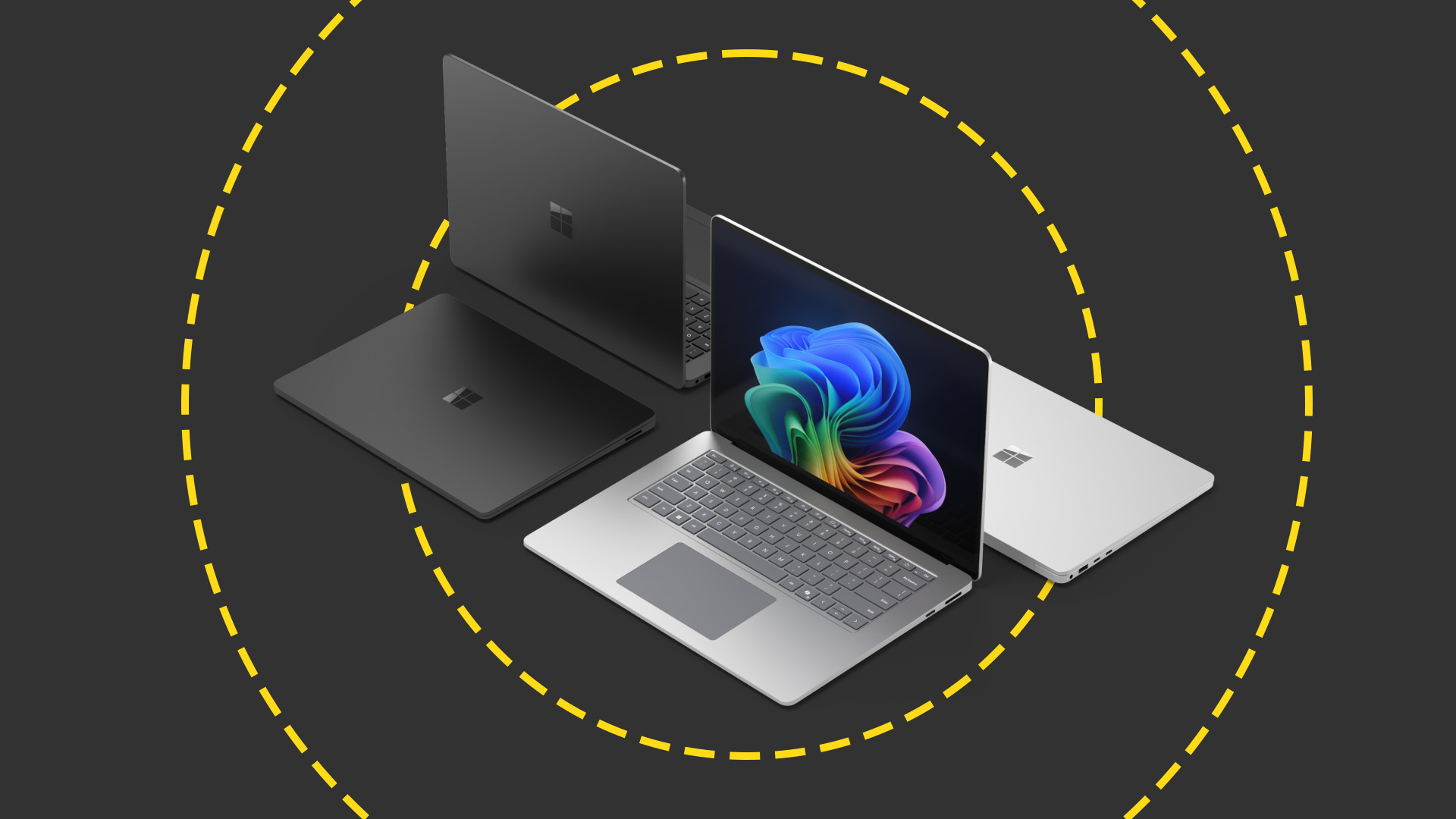 Microsoft targets enterprises with new Intel-powered Surface devices – but they come with a hefty price tag
Microsoft targets enterprises with new Intel-powered Surface devices – but they come with a hefty price tagNews Microsoft has unveiled the launch of the new Surface Pro 11 and Surface 7 laptop devices with Intel chips.
By Solomon Klappholz Published
-
 Why the CPU you chose is the key to Windows 11
Why the CPU you chose is the key to Windows 11The end of Windows 10 is on the horizon – it’s time to upgrade to an fTPM-protected processor
By Bobby Hellard Published
-
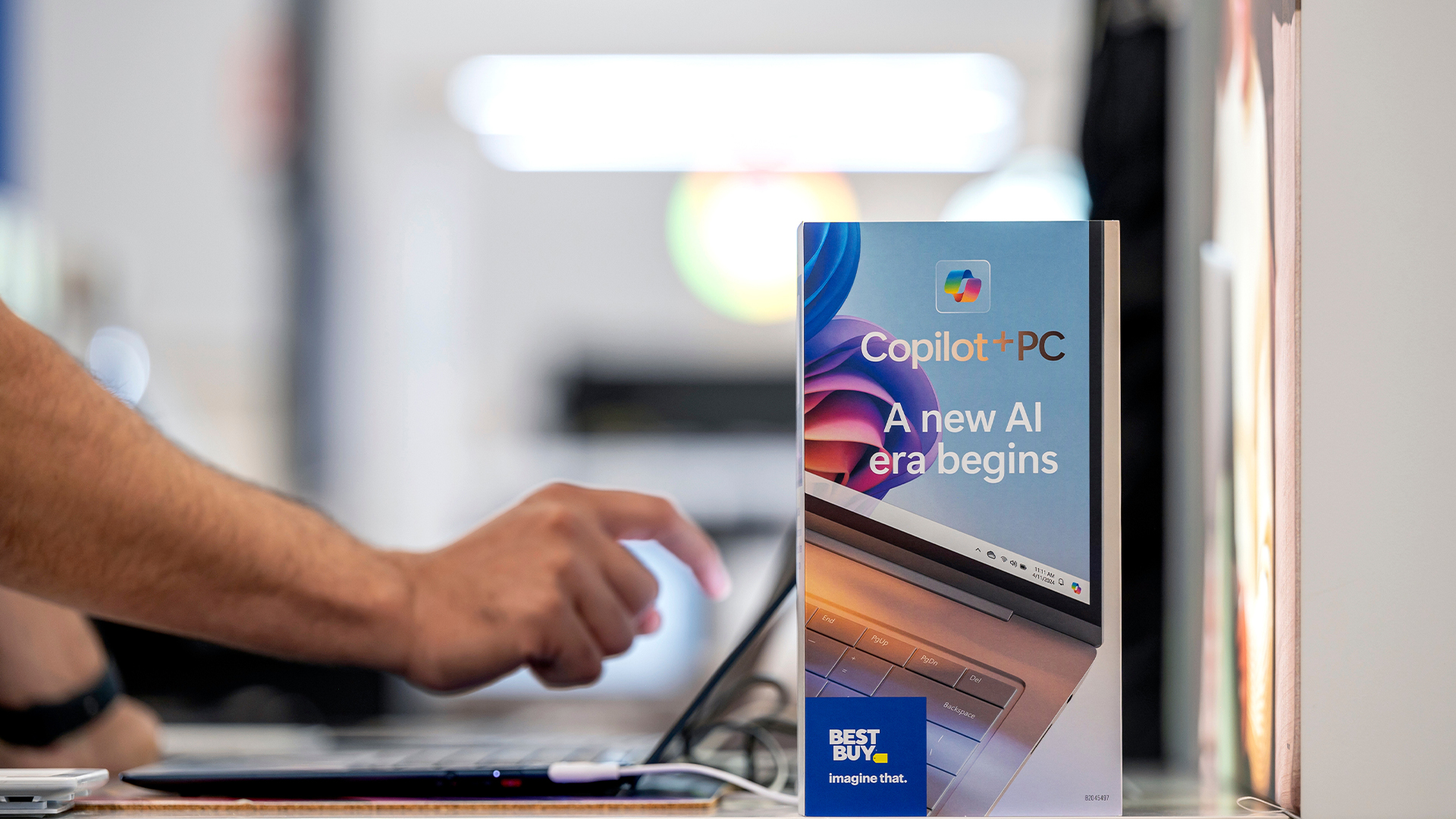 Why the world is about to be swamped with AI PCs
Why the world is about to be swamped with AI PCsNews With adoption rates set to surge, AI PCs will become far more mainstream in years to come
By Nicole Kobie Published
-
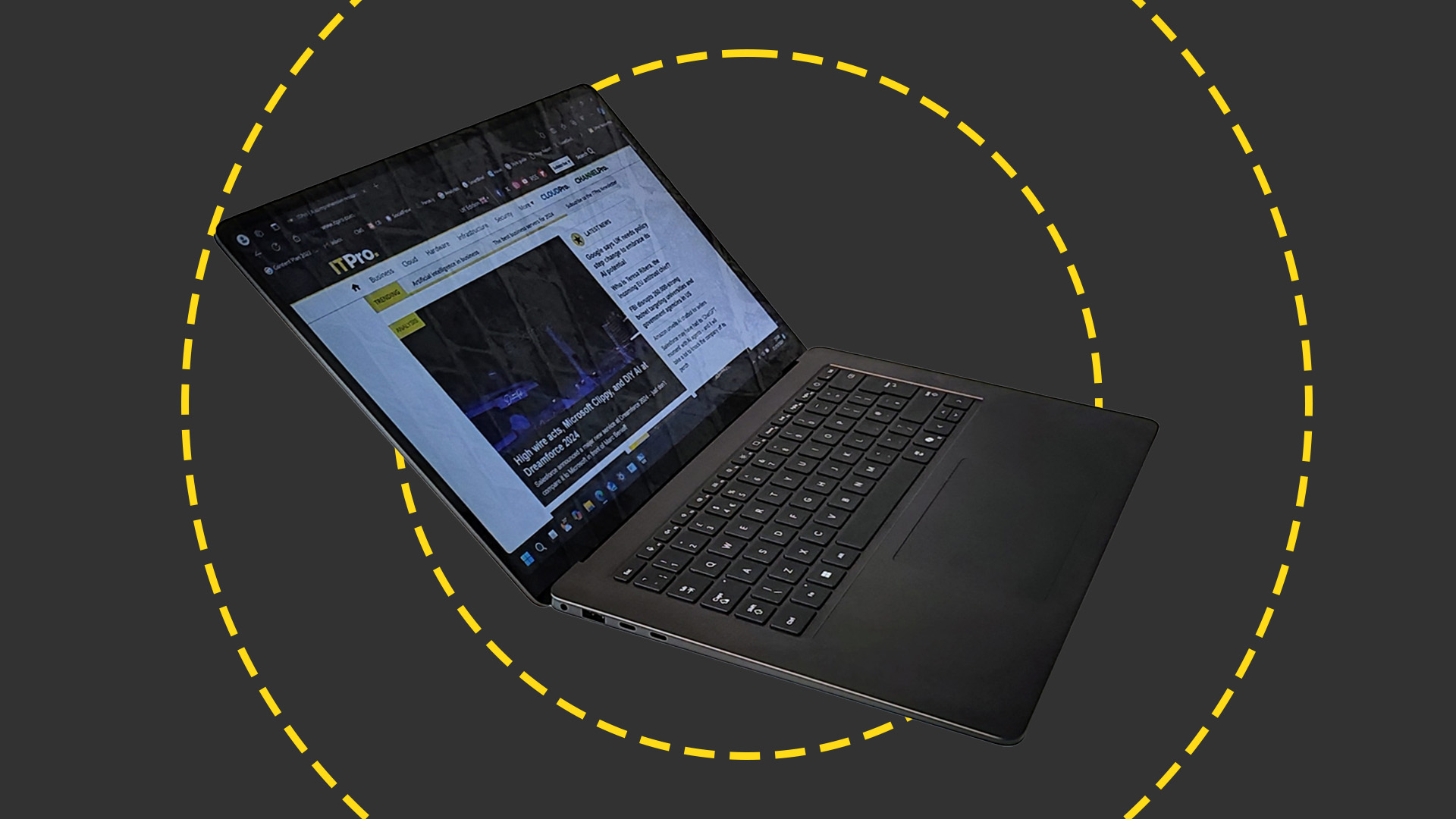 Microsoft Surface Laptop 7 review: The definitive Snapdragon business laptop
Microsoft Surface Laptop 7 review: The definitive Snapdragon business laptopReviews With its bright 3:2 display, easy-access interior, and superb battery life, the Surface Laptop 7 is a stellar productivity tool
By Alun Taylor Published
-
 Want to stop workforce attrition? Invest in better hardware, says Microsoft
Want to stop workforce attrition? Invest in better hardware, says MicrosoftResearch from Microsoft shows younger workers in particular are unhappy about poorly-functioning hardware
By Emma Woollacott Published
-
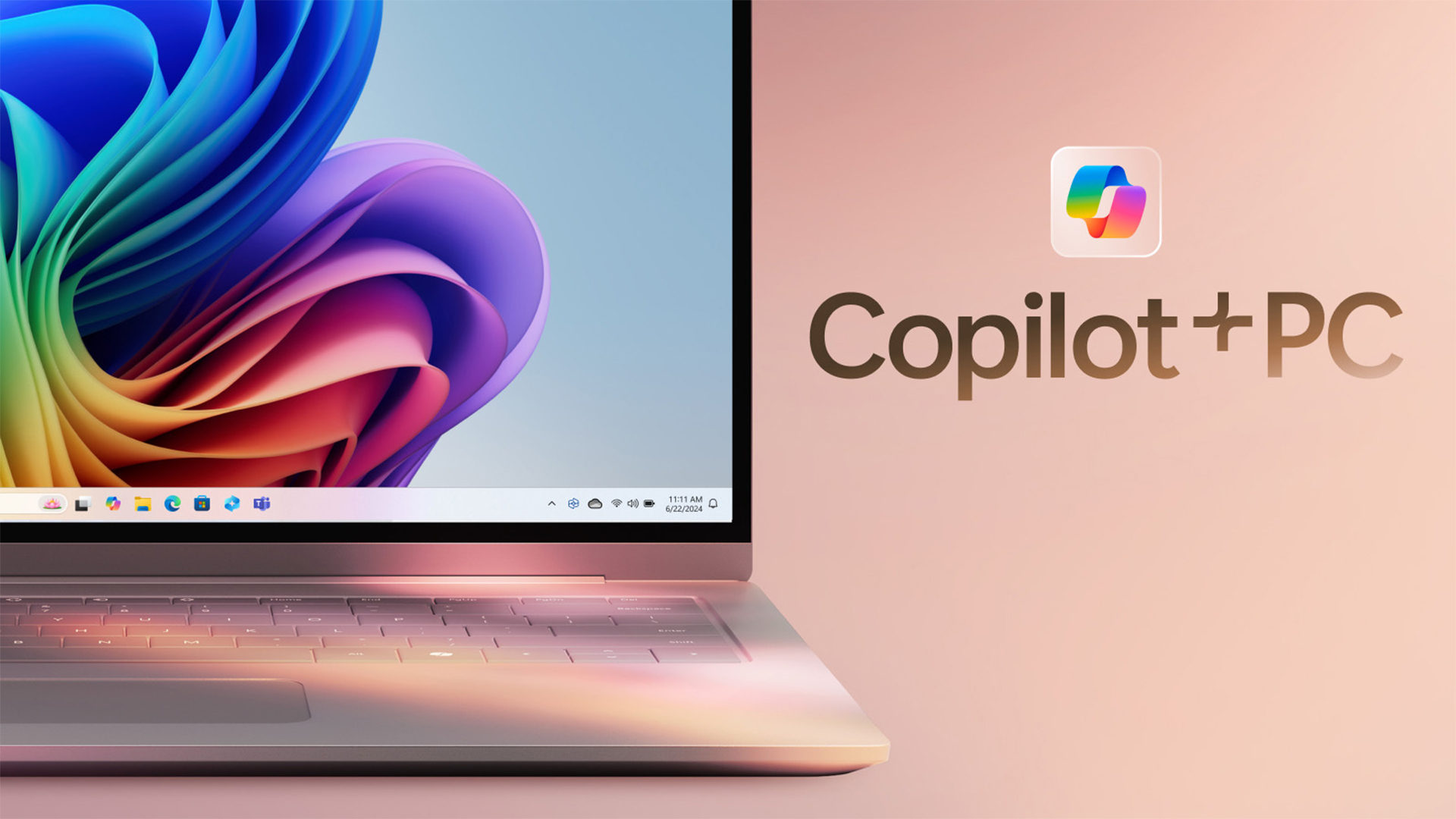 Microsoft’s Copilot+ PC brand heralds a “new era” in personal computing — here’s why we’re excited
Microsoft’s Copilot+ PC brand heralds a “new era” in personal computing — here’s why we’re excitedAnalysis The launch of Copilot+ devices represents a "new era for the PC" with Snapdragon NPU-powered laptops that can recall everything you’ve seen on your machine
By Bobby Hellard Published
-
 Enterprise sustainability efforts mean pre-used hardware could be the key to reducing e-waste
Enterprise sustainability efforts mean pre-used hardware could be the key to reducing e-wasteNews While IT leaders want to see more second-hand device options, manufacturer practices could prevent widespread adoption over the next decade
By Ross Kelly Published
-
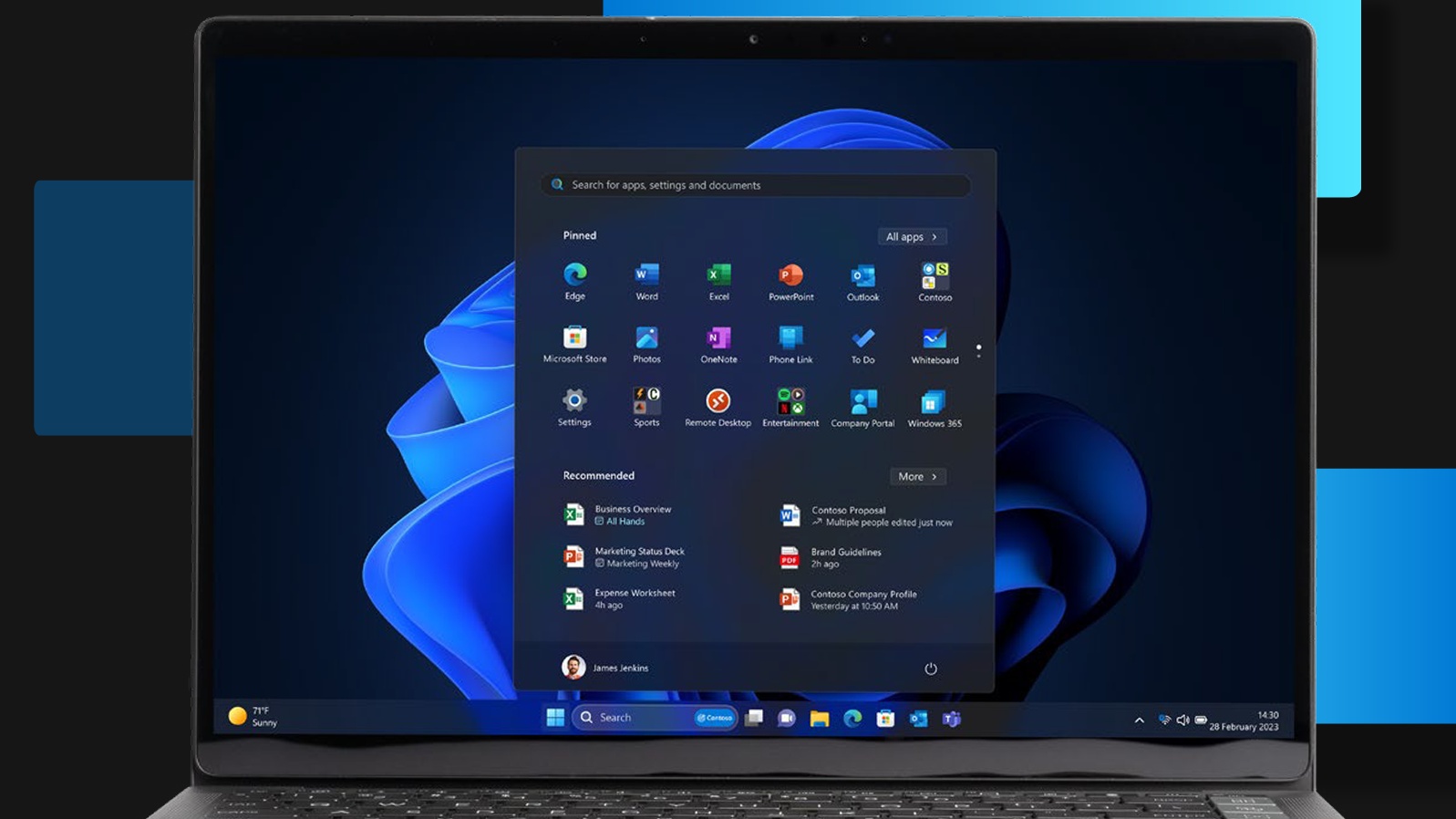 Windows 11 Pro and CDW - Overcoming today's escalating cyberthreats
Windows 11 Pro and CDW - Overcoming today's escalating cyberthreatswhitepaper Employing a security-by-default approach with the latest Windows 11 Pro devices
By ITPro Published